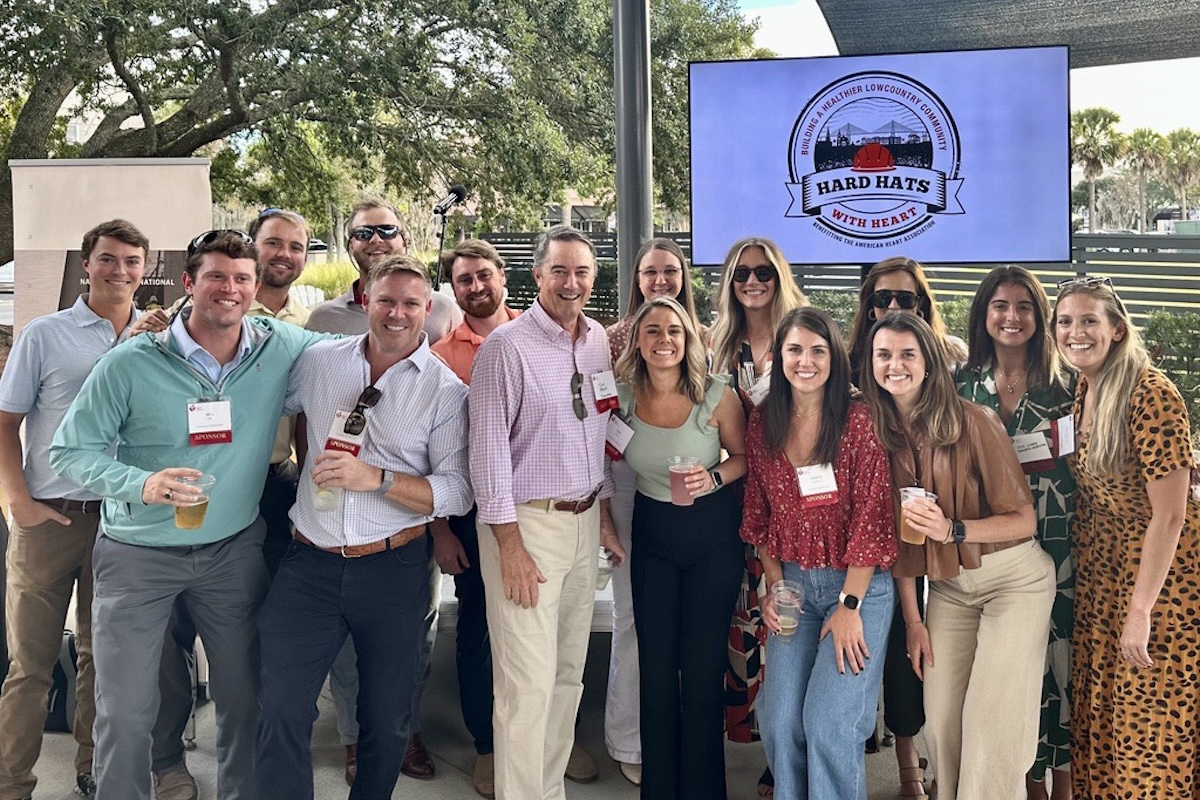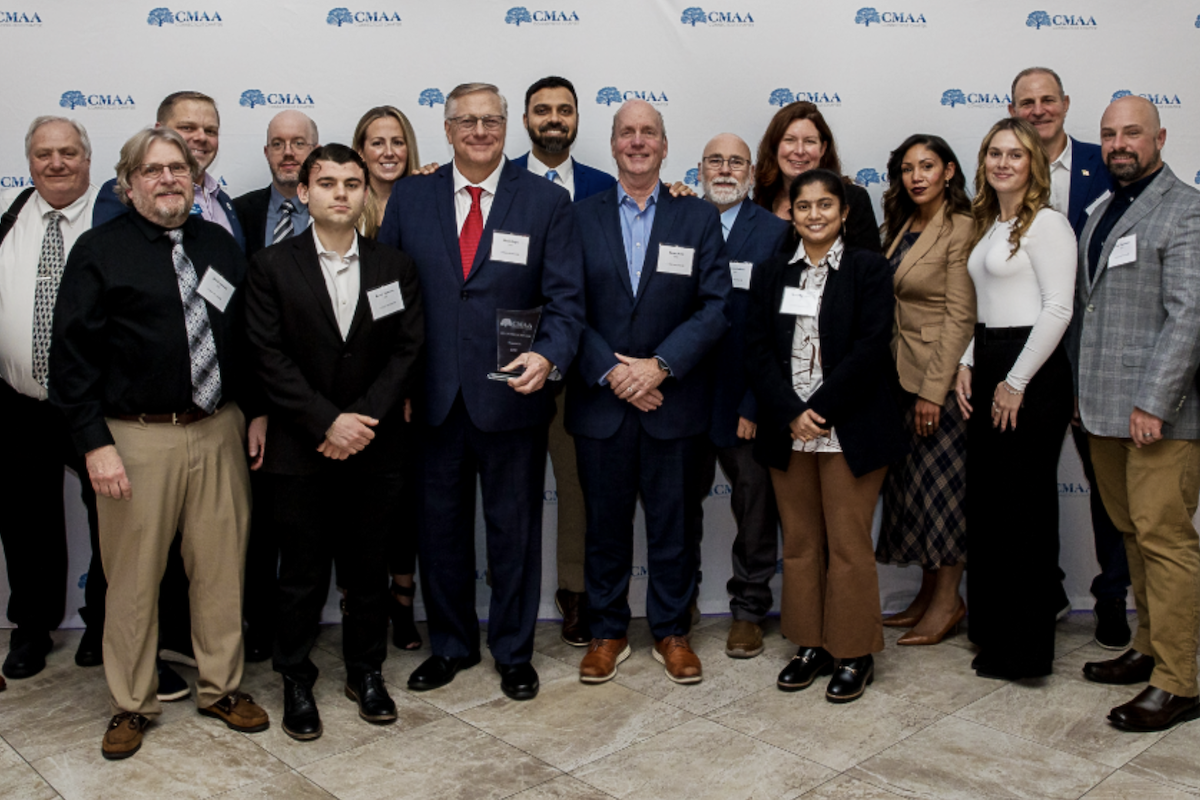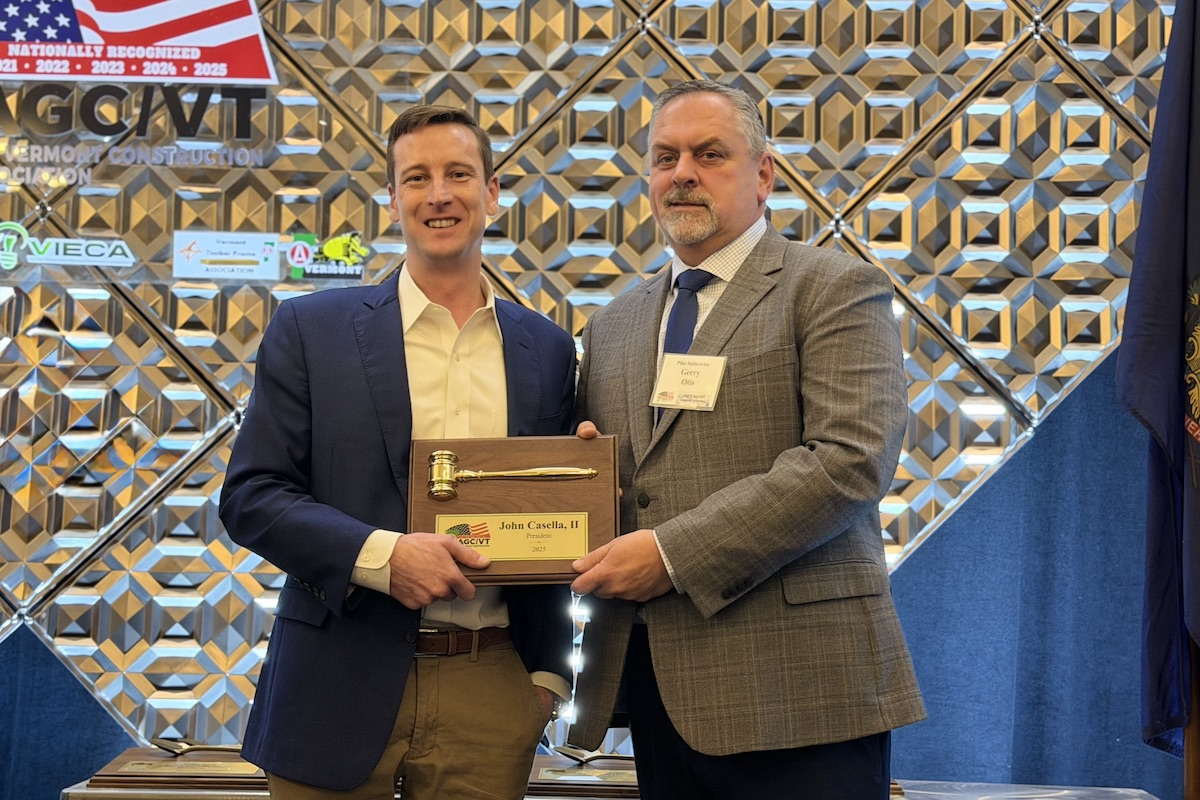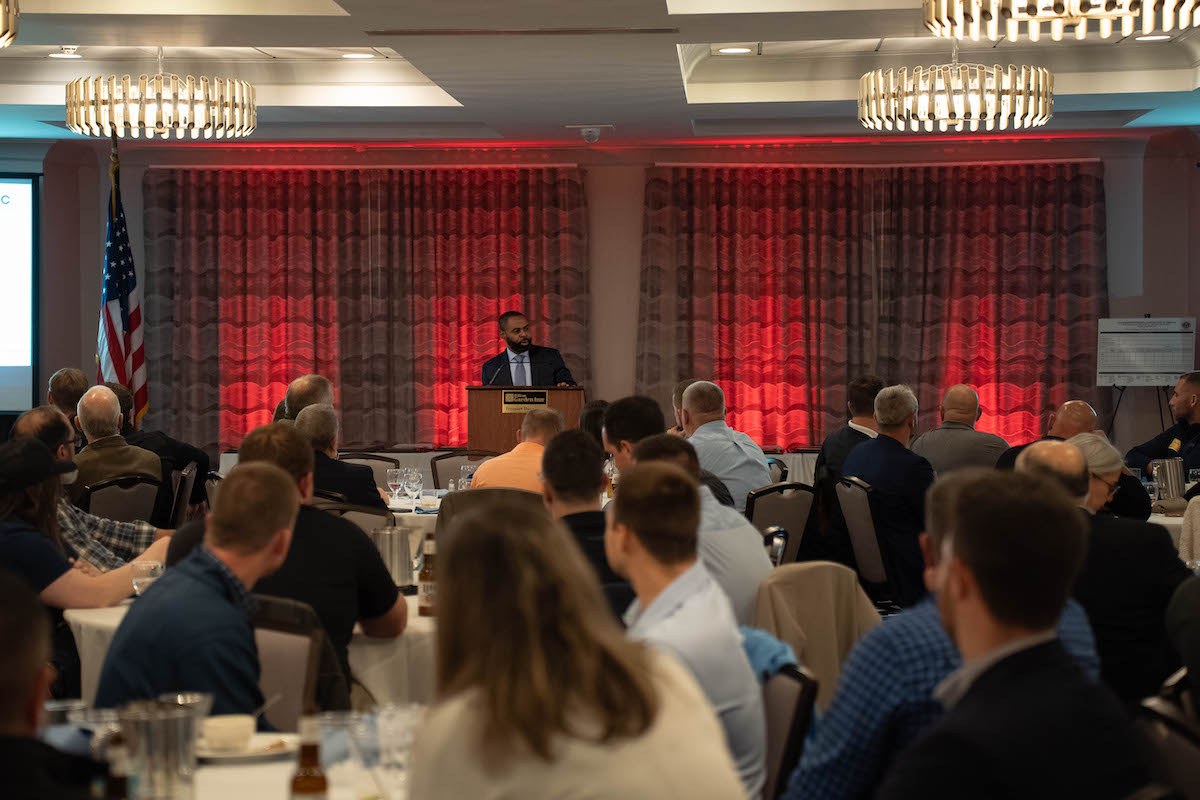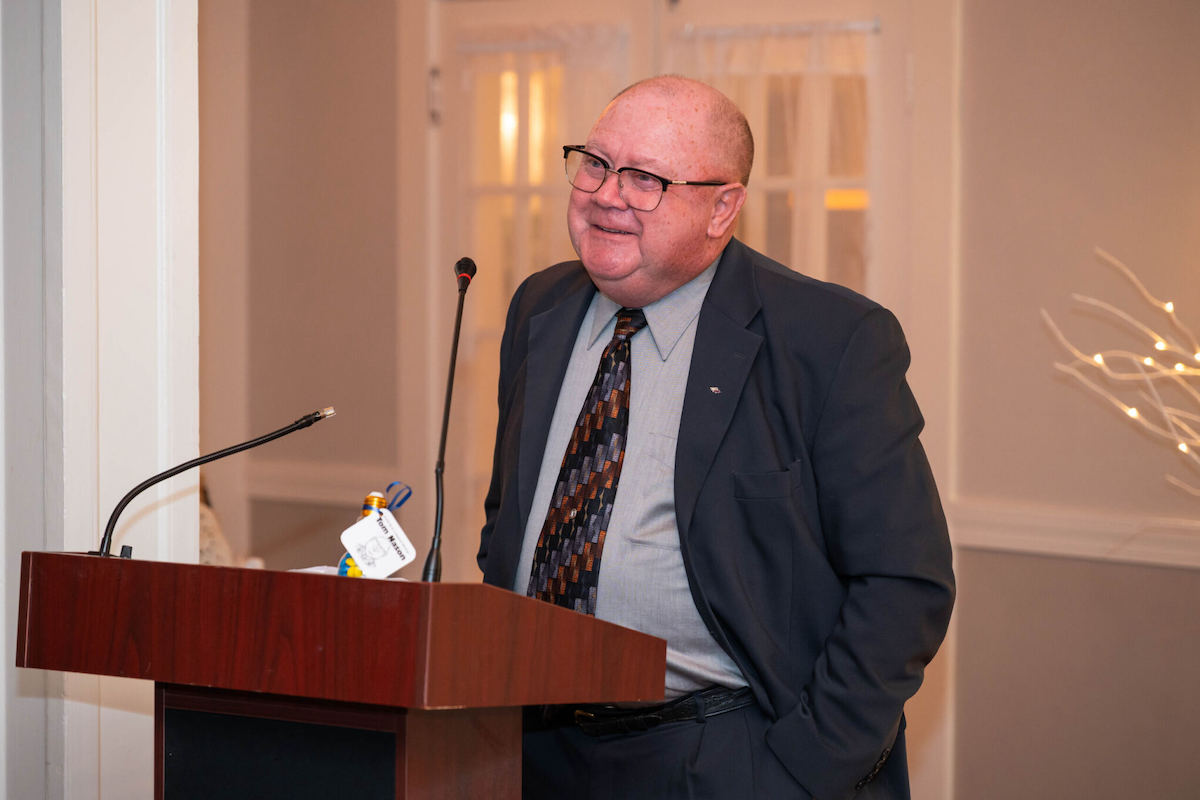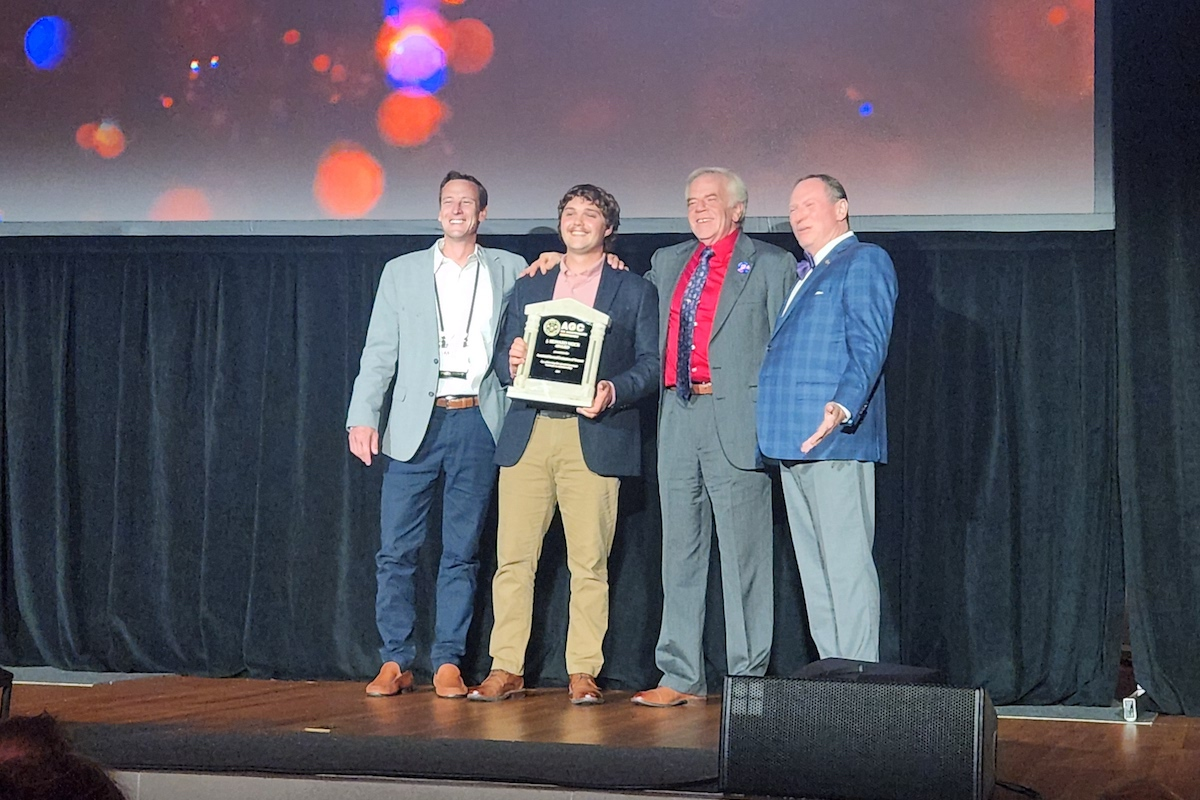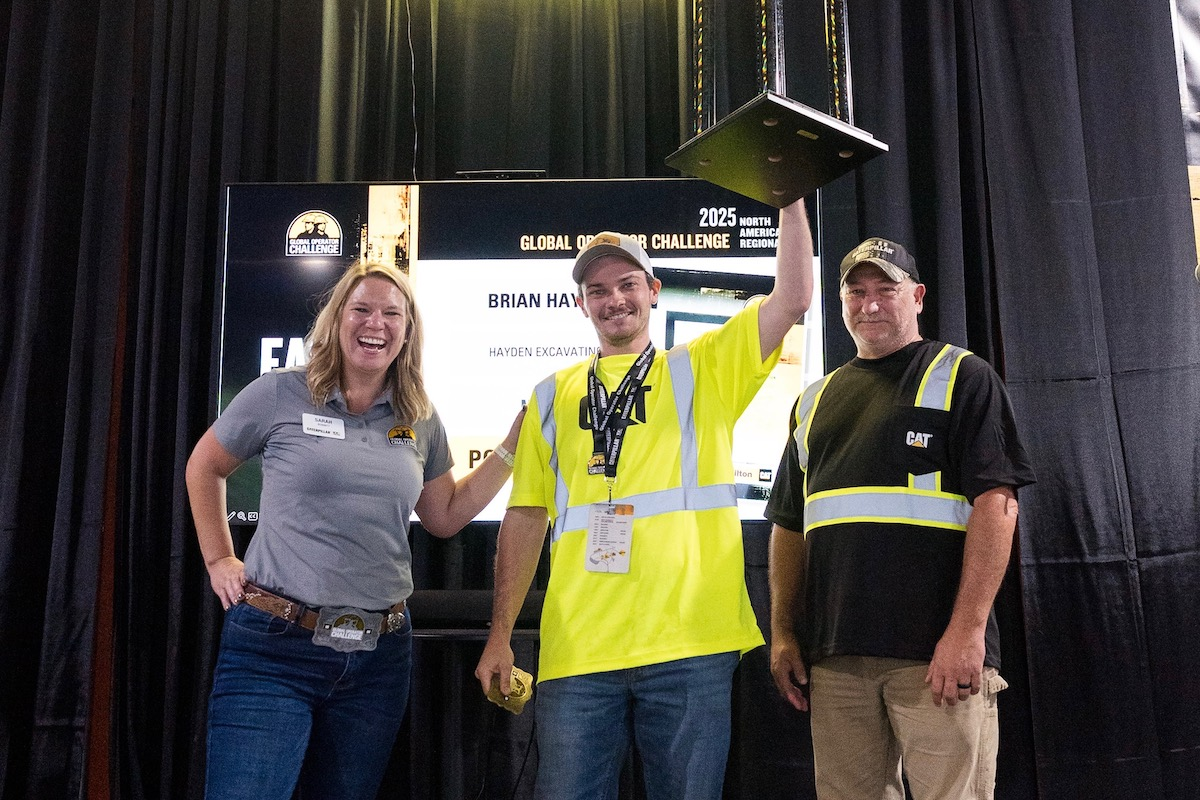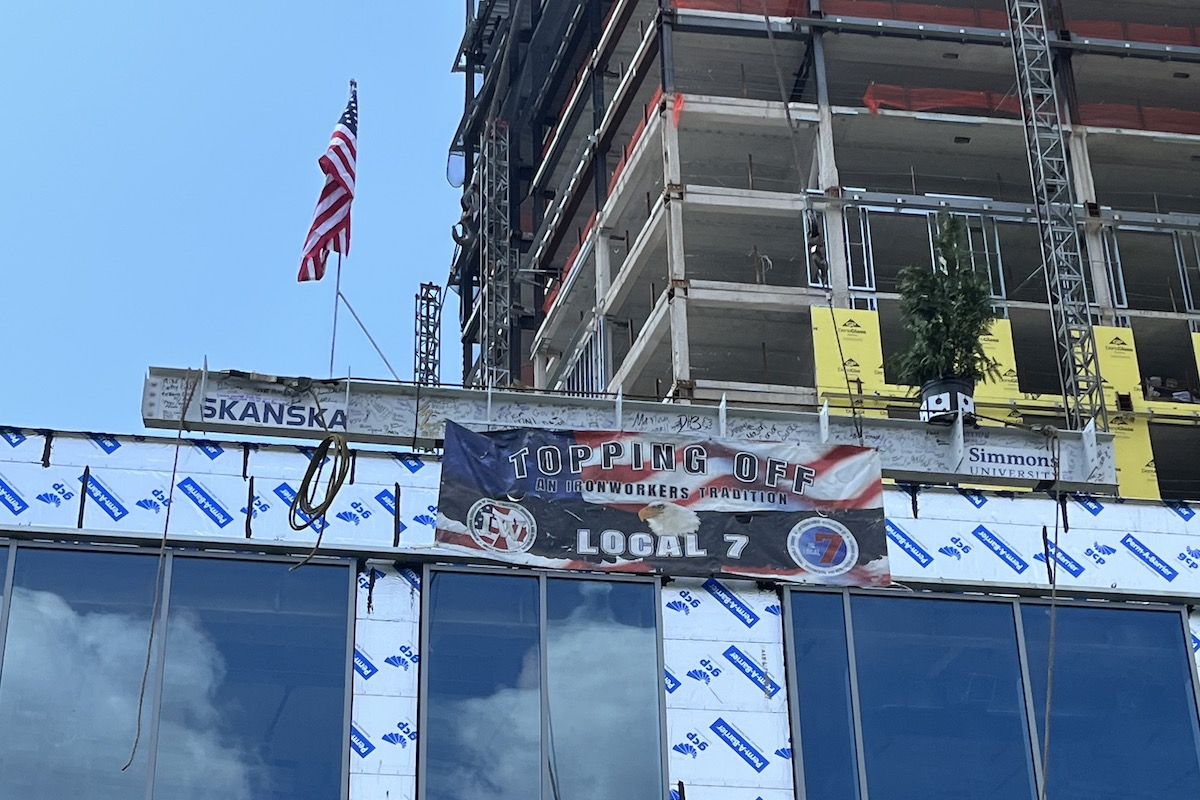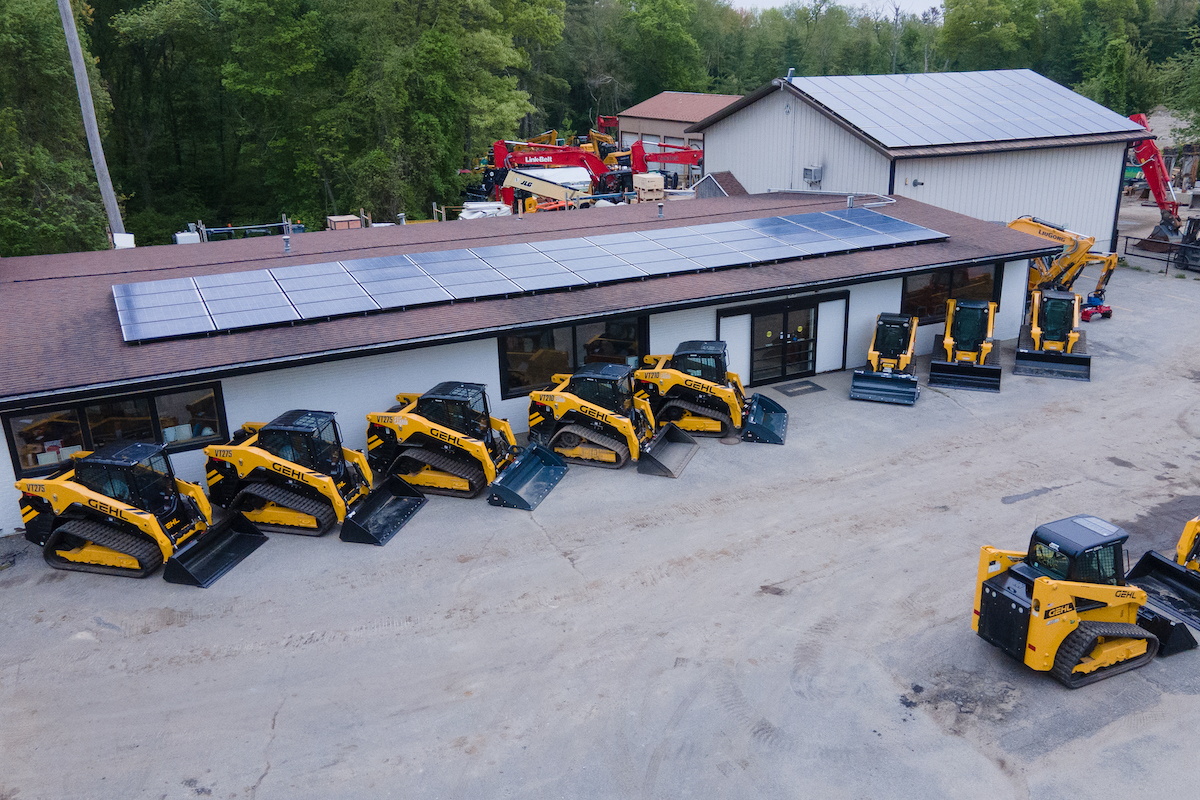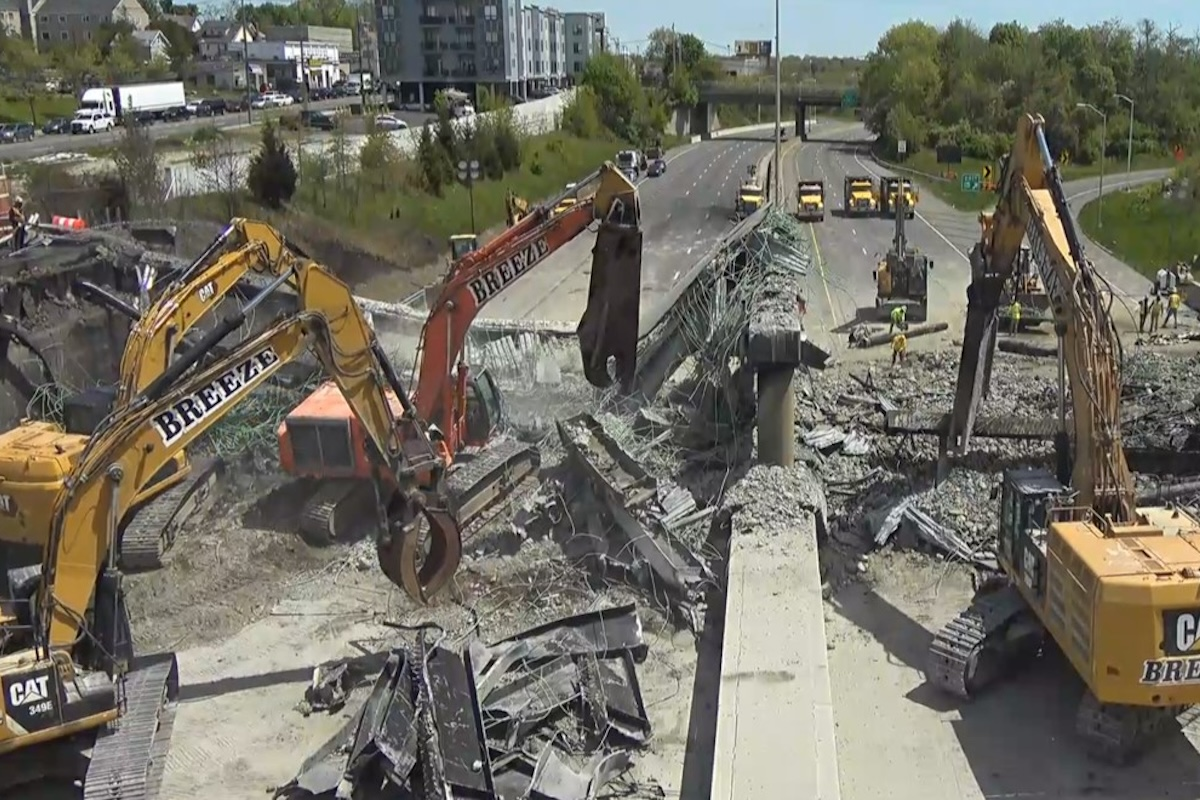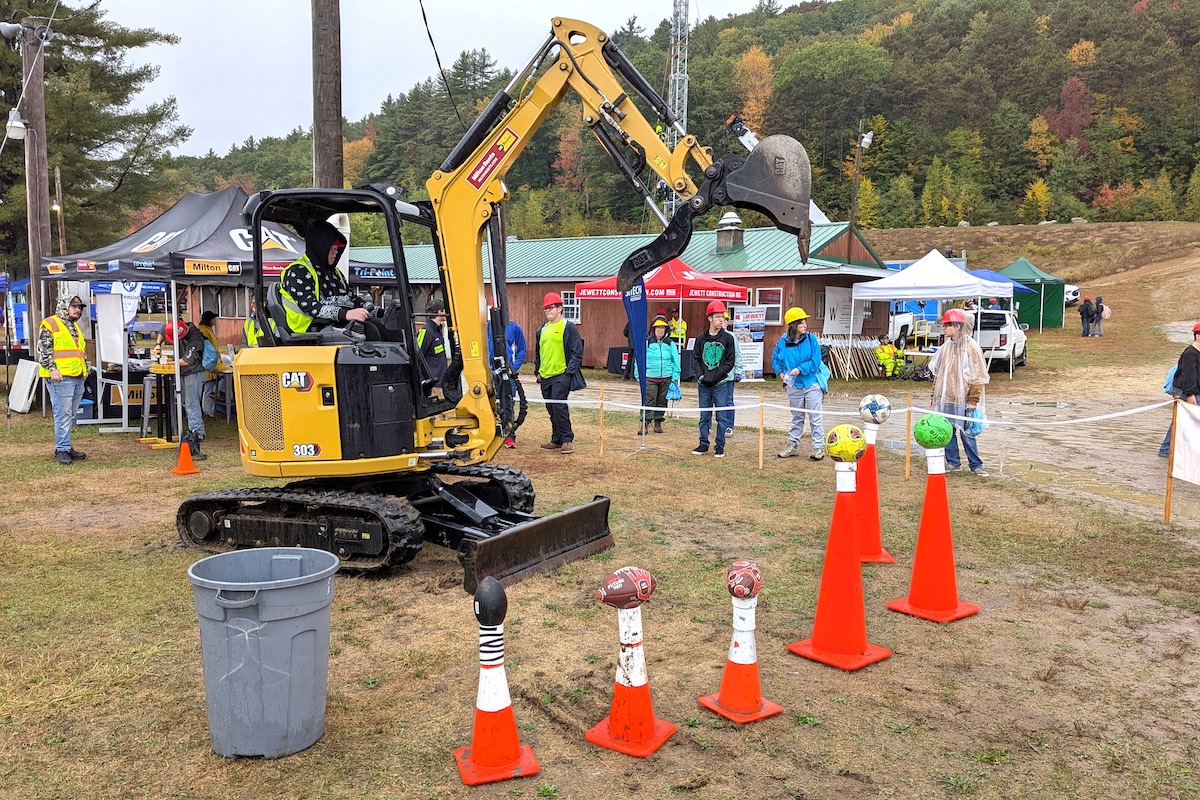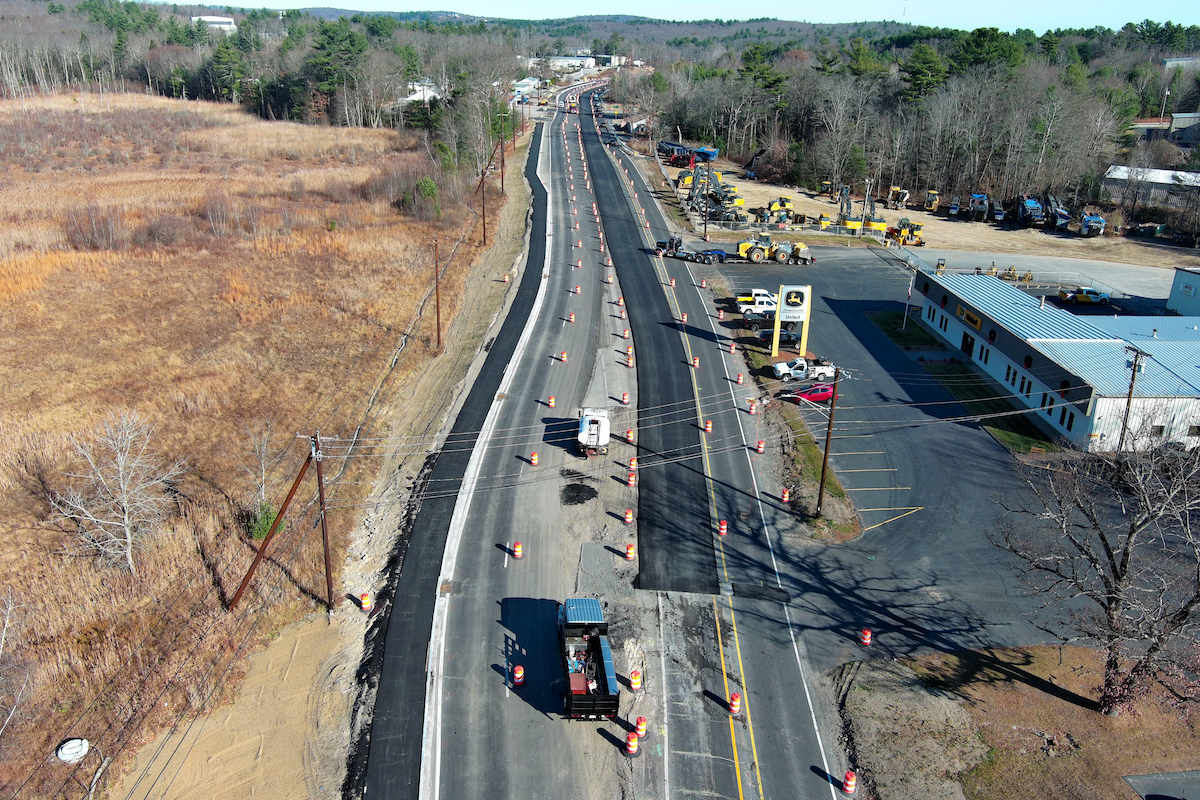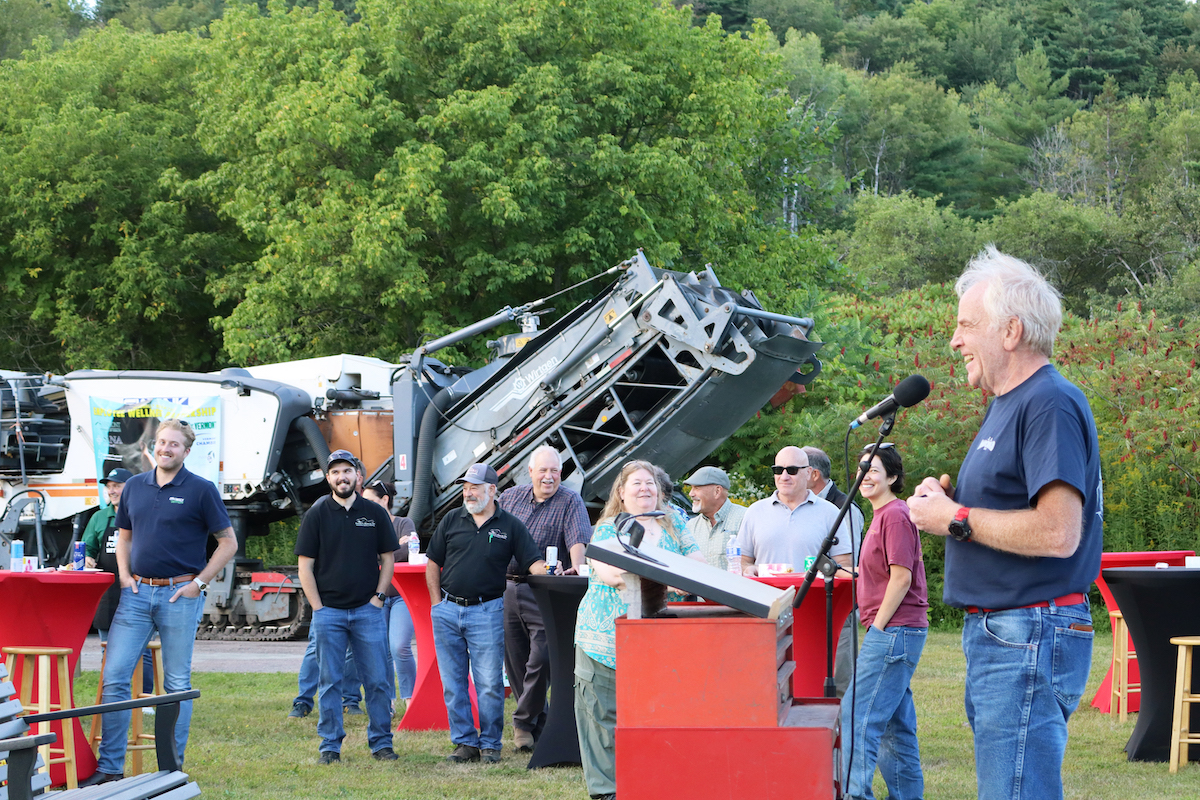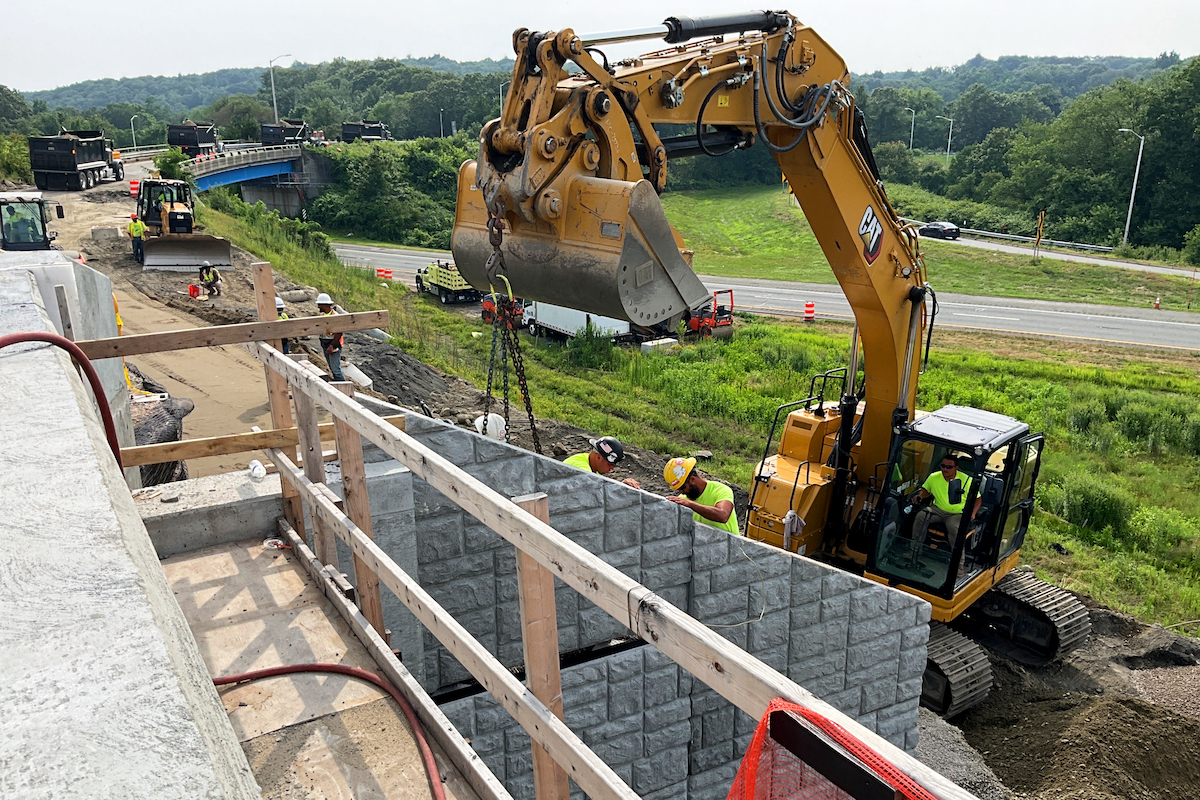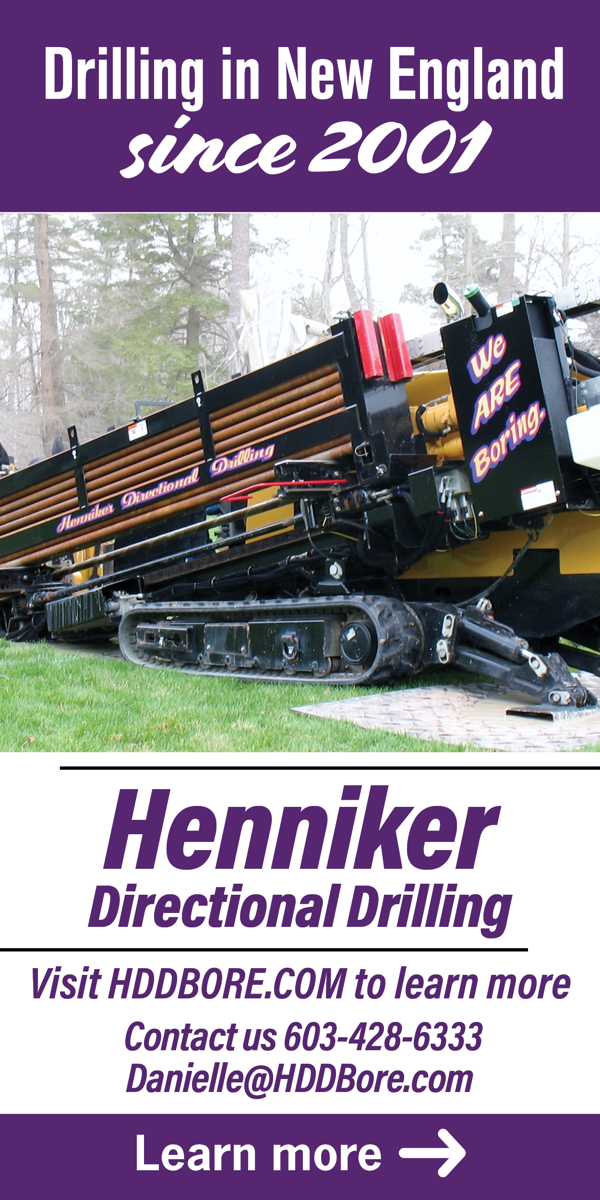Every time a skilled project manager or superintendent leaves a construction firm, they take an irreplaceable knowledge bank worth thousands of dollars in training value with them. In an industry where the average tenure sits at just 4.2 years, according to the U.S. Bureau of Labor Statistics (BLS), contractors face the perpetual challenge of finding and keeping talent.
In our earlier article, we outlined how construction firms can transform their recruiting strategies to make the industry more appealing to the next generation of talent. But attracting talent is only half the battle.
BLS data shows that the construction industry has a noticeably high turnover rate compared to the national average. The resulting costs are substantial, not only in the directly observable expenses of recruitment and productivity loss but in the erosion of institutional knowledge, damaging quality and client relationships over time.
Contractors who successfully address this issue recognize that competitive compensation alone cannot solve the problem. Workers stay with a firm when they see a future for themselves, feel valued, and have clear opportunities for professional growth.
When considering retention, the first and most important question firms must ask themselves: Is this a good workplace? The path to answering yes starts with establishing a good company culture.

| Your local Case Construction Equipment Inc dealer |
|---|
| Beauregard Equipment |
| Monroe Tractor |
A culture that retains employees must be deliberately crafted. The approach to culture building at Frampton Construction follows three distinct phases.
Name It
The process begins with creating a shared language around values. Establishing shared language clarifies what an organization stands for and what employees work toward together. For Frampton, the mission to "Empower the best to build the best" and vision to "Build better lives" provide a framework that guides daily decision making.
Live It
This second phase falls primarily on leadership. It means evaluating how each decision aligns with stated values and modeling what those values look like in action throughout every level of an organization.
Build It
Finally, building the culture requires investing in training supervisors at all levels. When superintendents and project managers are given tools to reinforce the same values and behaviors, culture becomes consistent across projects and departments. When culture is championed at every level of an organization, it becomes self-sustaining.

| Your local Wirtgen America dealer |
|---|
| United Construction & Forestry |
| WI Clark |
While establishing a strong culture creates the right environment, transforming management approaches puts this culture into daily practice. Construction has historically operated on what could be summed up as a "get it done or get out" mentality, creating long-term retention problems.
“Construction has perpetuated a very performance-based model, preferring the stick over the carrot to motivate workers, which can create toxic environments,” said Keaton Green, Senior Vice President of Strategy at Frampton Construction.
Retention-focused firms are breaking this mold by embracing the Platinum Rule — treating people how they want to be treated, not just how you’d want to be treated yourself.
This principle guides managers to consider what it's like to be on the receiving end of their management style and brings curiosity rather than commands to job sites. It's about asking, "What's it like to be on the other side of me?" and finding ways to empower rather than control team members. The transition isn't always easy, particularly for veteran supervisors.

| Your local Hyundai dealer |
|---|
| Equipment East |
“When Frampton introduced leadership development programs focused on these principles, some of the most tenured superintendents were skeptical,” Green said. “However, within eight months of implementation, even the most traditional superintendents had transformed their approach, leading to fewer safety incidents, higher productivity, and stronger team cohesion.”
Beyond management approaches, employees need clear pathways to visualize their future within the organization.
Construction has several unique advantages over other industries, including a high potential for career development regardless of education level. Yet one of the biggest obstacles to construction career development has historically been unclear career paths.
Creating straightforward leveling guides solves this issue by showing precisely what employees need to master to move up. Effective guides don't bombard people with endless requirements; instead, they zero in on the essential skills required for each position.

| Your local Trimble Construction Division dealer |
|---|
| SITECH Northeast |
“At Frampton, the team initially identified 97 competencies for each position but deliberately distilled them down to three critical components for each position, divided between technical ‘smart skills’ and interpersonal ‘healthy skills,’” Green said. “This focused approach means team members at all levels have a clear understanding of how they advance.”
These guides also establish cut-and-dried expectations, allowing for radical accountability — celebrating achievements while addressing challenges. This transparent system eliminates guesswork and gives team members control over their career trajectory.
Construction has traditionally neglected interpersonal skills to focus on technical capabilities. Breaking this mold requires reframing what the industry dismissively calls "soft skills" as "healthy skills," essential qualities that strengthen the entire organization.
Research has identified four qualities people want in their managers: trust, kindness, hope, and vision. At Frampton, we’ve dubbed these “healthy skills.” By living these healthy skills, teams collaborate more effectively and creatively solve problems.

| Your local Esco Corporation dealer |
|---|
| Genalco |
The business case is compelling. Teams with strong healthy skills experience fewer safety incidents, higher productivity, and better client satisfaction. It's not merely about being nice; it's about creating an environment where people can do their best work and want to stay long-term.
Construction relies on experiential learning, with crucial knowledge often residing solely in the minds of experienced team members. Research shows that a large portion of the expertise and skills employees perform in their positions are known only to them and cannot be immediately replicated by the person replacing them. When experienced employees leave, this knowledge is lost and the workers who are left begin the knowledge-gathering process anew.
The intentional use of systematic knowledge transfer mechanisms can solve this problem. Forward-thinking contractors build talent development programs with the same care and precision they bring to their most complex construction projects, creating structures designed to withstand pressure and deliver value for decades.
Creating a comprehensive knowledge bank to capture key project insights keeps institutional wisdom accessible despite team changes. Digital platforms can document and share best practices, making this knowledge available to new hires and promoting continuity in the industry.

| Your local Volvo Construction Equipment dealer |
|---|
| Tyler Equipment |
Progressive firms invest in data warehouses to analyze and leverage training and performance data, leading to more effective development programs. Tools like Trainual streamline training processes, while AI platforms like Synthesia create custom training videos, enabling team members to learn at their own pace and advance their skills.
Strategic recognition programs reinforce culture and improve retention while demonstrating the company's commitment to employee growth.
For instance, construction companies that implement safety recognition programs, celebrating positive behaviors rather than just punishing mistakes, often see significant reductions in incident rates. According to the Construction Safety Association of Ontario, when firms invest just 2.5 percent of projects costs into safety training and procedures, profits increase by 4 to 7 percent per project, while accident rates decrease.
Beyond safety, developing tenure milestone celebrations and peer recognition systems allows workers to highlight colleagues who exemplify company values. These recognition programs create emotional connections that make employees think twice before looking elsewhere.

| Your local Case Construction Equipment Inc dealer |
|---|
| Beauregard Equipment |
| Monroe Tractor |
Construction industry retention rates won’t change through wishful thinking. Only by fundamentally transforming how people are treated can construction hope to become an industry where talented professionals choose to build careers rather than just pass through.
The benefits of this approach extend beyond retention. Engaged, empowered employees deliver better results for clients, leading to stronger relationships and more repeat business. They become ambassadors for the company and the industry, helping to reshape perceptions and attract new talent.
The future of construction belongs to companies that understand their greatest asset isn’t their equipment or project portfolio — it’s their people. Construction leaders must ask themselves: Are you building projects, or are you building people who build great projects? Companies that focus on the latter will define the industry’s future.
Editor’s Note: Part one of this series, with tips to boost recruiting, first appeared in the May 2025 issue.

| Your local Case Construction Equipment Inc dealer |
|---|
| Beauregard Equipment |
| Monroe Tractor |
Photos courtesy of Frampton Construction.
Chad Frampton is President and CEO of Frampton Construction Company, a full-service firm providing planning and design support, preconstruction, and construction services across the Southeast. Contact him at cframpton@frampton.construction.






